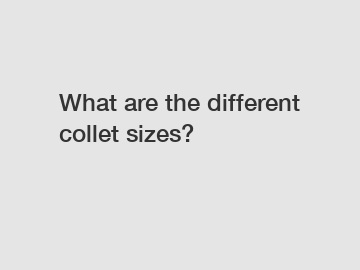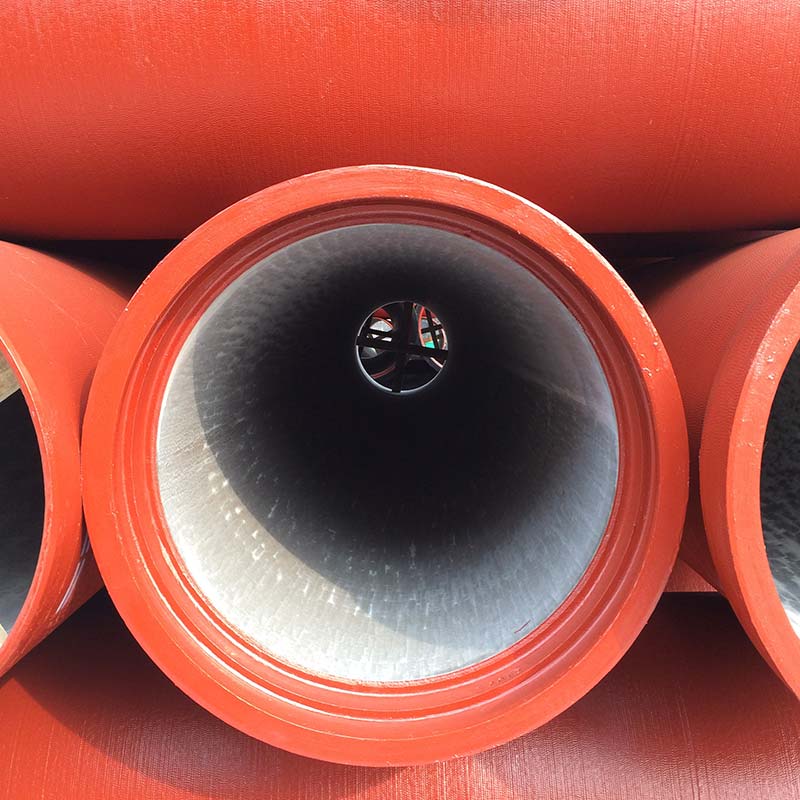What is the purpose of a sintered filter?
What is the purpose of a sintered filter?
Filters play a crucial role in numerous industries and processes, ensuring the purity and cleanliness of liquids and gases. One type of filter that has gained significant popularity in recent years is the sintered filter. This article will delve into the purpose of a sintered filter, its characteristics, and its applications, shedding light on the importance of this essential filtration device. .
A sintered filter is made from sintered metal particles that are bonded together to form a porous material with a precise filtration rating. The filter is manufactured by subjecting metal powders to high temperatures, causing them to fuse and create a strong, durable structure with interconnected pores. These pores allow the fluid to pass through the filter while trapping and separating impurities.

1. Filtration Efficiency.
One of the primary purposes of a sintered filter is to achieve a high level of filtration efficiency. The interconnected pores in the sintered filter create a tortuous path for the fluid, forcing it to pass through multiple layers and capture even the smallest particles. This characteristic enables sintered filters to remove contaminants, such as dirt, debris, bacteria, and even submicron-sized particles, from liquids and gases.
2. Enhanced Durability.
Another important purpose of a sintered filter is its enhanced durability compared to traditional woven or pleated filters. The sintering process results in a filter that is resistant to high temperatures, corrosive substances, and mechanical stress. It can withstand harsh operating conditions and maintain its structural integrity over an extended period. This durability allows sintered filters to be used in challenging environments where other filters may fail.
3. Wide Range of Applications.
Sintered filters find applications across various industries due to their versatility. They are commonly used in the pharmaceutical, food and beverage, chemical, oil and gas, and automotive sectors. In the pharmaceutical industry, sintered filters are utilized for sterilization purposes, ensuring the safety and purity of drugs and medical devices. In the food and beverage industry, they are employed for beverage clarification, aseptic packaging, and removal of contaminants. Sintered filters also find extensive use in hydraulic systems, automotive engines, and process filtration applications.
4. Customization Options.
Additional reading:Mastering Precision with ER32 Tool Holder: Everything You Need to Know!
What is the purpose of a Threadolet fitting?
How to choose the best pneumatic load for a cost-effective purchase?
The Ultimate Guide to Using Porous Discs
Unlocking the Secrets of Porous Discs: How to Enhance Filtration Efficiency
What is the core of a DC motor?
Which Toolholders and Accessories Improve Machining Efficiency?
Sintered filters can be customized to meet specific filtration requirements. The pore size can be tailored to achieve the desired filtration efficiency, ranging from a few microns to submicron levels. This flexibility allows manufacturers to optimize filtration for different applications and industries, ensuring the highest quality standards are met. Additionally, sintered filters can be fabricated in various shapes and sizes, making them suitable for integration into existing filtration systems or as standalone components.
Conclusion.
In conclusion, the purpose of a sintered filter is to provide high filtration efficiency, enhanced durability, and versatility across a wide range of applications. These filters, created by sintering metal particles, offer excellent performance in removing contaminants from liquids and gases. The customizable nature of sintered filters allows them to be tailored to meet specific filtration requirements in different industries. Their ability to withstand harsh environments further adds to their appeal. If you require reliable and effective filtration solutions, consider the use of sintered filters.
For more information about sintered filters or to discuss your specific filtration needs, please contact us.
Keywords: contact us.
For more sintered element, types of spargers, sintered metal filters manufacturersinformation, please contact us. We will provide professional answers.
More articles:
What are the main advantages of using asymmetric sintered metal powder for B2B purchases?
What are the advantages of purchasing sintered stainless steel tubes online?
Which technique reigns supreme: Sintering or Melting?
What is the most durable ball valve?
How do you anchor a gazebo to a concrete slab?
Upgrade Your Seating Experience: Discover the Perks of Custom Stainless Steel Seats
How to use Aluminum Window and Door Hinge?
Boost Your Sales with SalesPipe: Discover How This Tool Helps Drive Revenue & Streamline Your Sales Process
What are the advantages of quick turn CNC machining for B2B purchases?
The Mighty Claw: Unraveling the Power of a Vice
158
0
0
Related Articles
-
72
0
0
-
53
0
0
-
78
0
0
-
73
0
0
-
Demystifying the Mechanics: Stator and Rotor Explained
Welcome, curious minds, to an intricate journey into the world of electrical engineering.
61
0
0
-
64
0
0
-
58
0
0
-
61
0
0










Comments
All Comments (0)